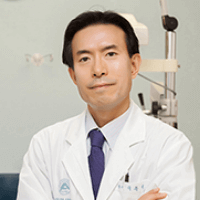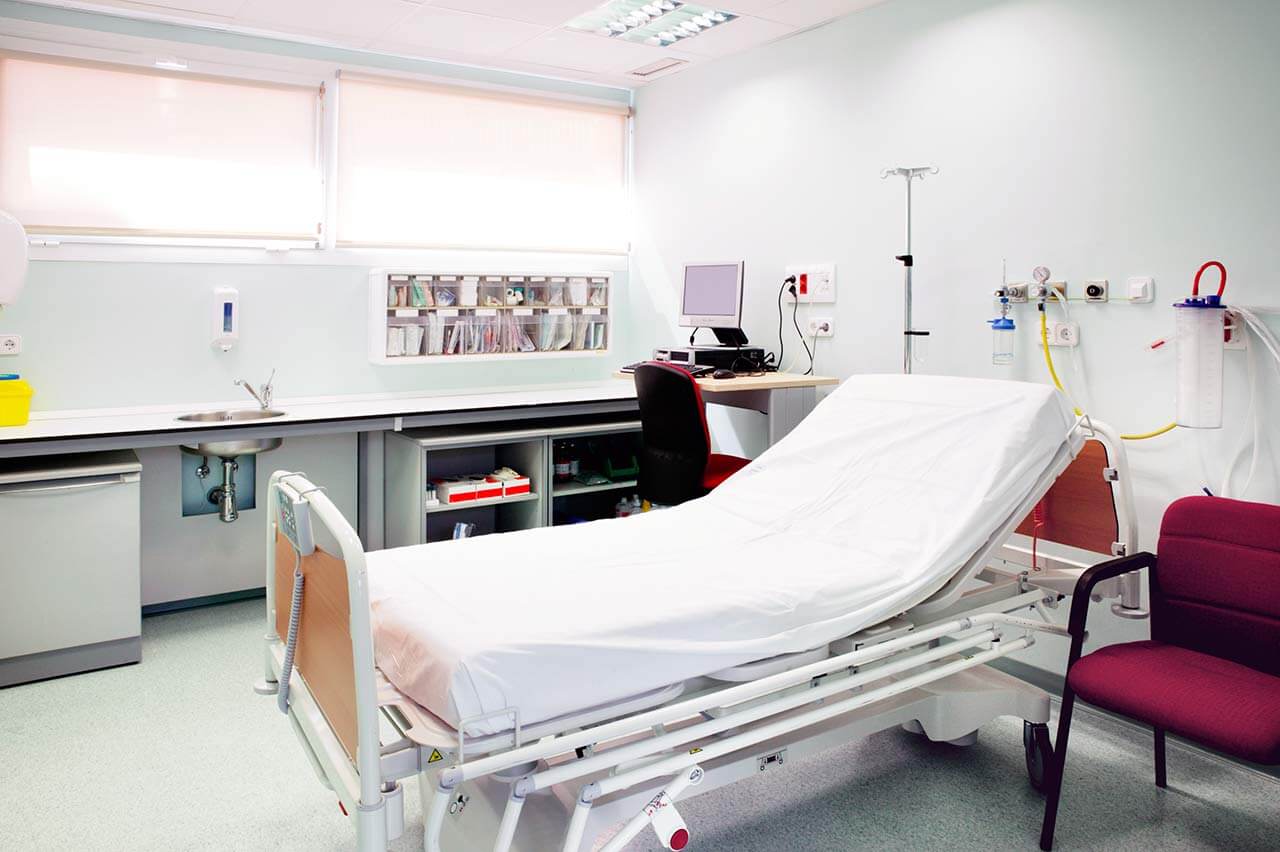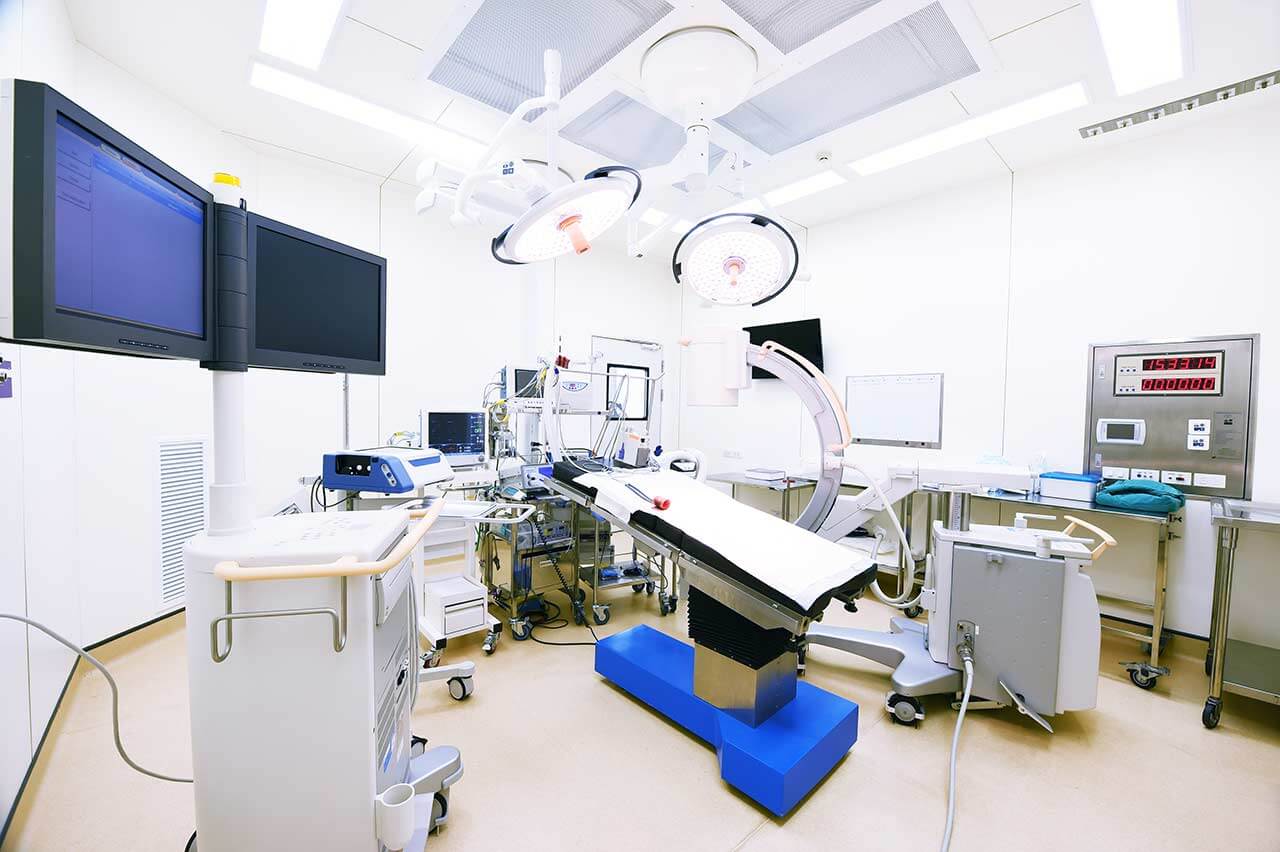
The program includes:
- Initial presentation in the clinic
- clinical history taking
- review of medical records
- physical examination
- laboratory tests:
- complete blood count
- biochemical analysis of blood
- indicators of inflammation
- indicators blood coagulation
- ophthalmologic examination:
- slit-lamp examination
- pupil function tests
- ocular motility test
- ophthalmoscopy
- perimetry (visual field test)
- computer perimetry
- visometry (without correction and with correction)
- keratometry
- pachymetry
- refractometry (objective, subjective, cycloplegic)
- autorefractometry
- non-contact tonometer
- biomicroscopy
- preparation according to preoperative standard
- oculomotor muscle recession (retroposition)
- symptomatic treatment
- control examinations
- the cost of essential medicines and materials
- nursing services
- explanation of future recommendations
Required documents
- Medical records
Service
You may also book:
 BookingHealth Price from:
BookingHealth Price from:
About the department
The Department of Ophthalmology at the Asan Medical Center deals with the diagnosis, analysis and treatment of all sorts of eye diseases. These include cataract, glaucoma, retina diseases, optic nerve diseases, amblyopia, congenital and genetic disorders, etc. In addition, the department also specializes in the ophthalmic plastic reconstruction. The most advanced treatment methods are applied including various laser therapy methods. The department is headed by Dr. Michael Kook.
The department is one of the leading centers for treatment of retinal disorders. The specialists of the department have unique expertise in treatment of diabetic retinopathy, age-related macular degeneration (AMD), retinal detachment, uveitis, macular holes, retinal artery/vein occlusion, bleedings, etc.
The department offers all common treatment methods including laser therapy, injection therapy (in diseases such as wet age-related macular degeneration, proliferative diabetic retinopathy, diabetic macular edema, retinal vein occlusion, and uveitis) as well as transconjunctival sutureless vitrectomy (in such diseases as retinal detachment, prolonged intraocular hemorrhage, epiretinal membrane or macular holes).
The range of medical services of the department includes diagnosis and treatment for:
- Diseases of anterior and posterior eye segments
- Cataract
- Glaucoma
- Age-related macular degeneration
- Various retinal vascular diseases (proliferative diabetic retinopathy, retinal vein occlusion)
- Retinal detachment
- Diabetic macular edema
- Prolonged intraocular hemorrhage
- Epiretinal membrane or macular holes
- Uveitis
- And other diseases of eye and its appendages
Curriculum vitae
Education
- Doctor of Medicine, University of Michigan.
- Bachelor of Medicine, University of Michigan.
Major Professional Experiences
- Professor in Ophthalmology, UUCM AMC.
- Assistant Professor UCLA Jules Stein Eye Institute.
- Residency, Fellowship in University of Texas Medical Center.
- Internship in University of Michigan Hospital.
Photo of the doctor: (c) Asan Medical Center
About hospital
Asan Medical Center is Korea’s largest medical institution, with 1,600 physicians and surgeons, 3,100 nurses, 2,680 beds, and 67 operating rooms, occupying more than four million square feet (about 371,600 square meters). A typical day at AMC sees 2,500 inpatients and 10,000 outpatients treated. The center specializes in treatment of heart diseases, cancer, digestive diseases, health screening and promoting as well as organ transplantation which is carried out within the corresponding centers of excellence.
In addition to the five above mentioned centers of excellence, the center also specializes in orthopedics (95 percent success rate for hip and knee replacements), treatment of Infectious diseases caused by microorganisms (bacteria, viruses, parasites, and fungi). The center occupies the first positions in the field of oral and maxillofacial surgeries (Department of Dentistry) and implantology. Apart from that, Asan’s Department of Reproductive Medicine and the Infertility Clinic work together as world leaders in assisted reproductive technologies. The Department of Plastic Surgery and the Asan Aesthetic Center offers a broad range of reconstructive and cosmetic surgeries.
Consistent pursuit of cutting-edge medical technology and devotion to patient-centered care has brought AMC many honors and awards. Perhaps its most prestigious honor is being named Korea’s Most Admired Hospital for five consecutive years (2007–2011) by the Korea Management Association Consulting. The Ministry of Health, Welfare, and Family Affairs repeatedly recognized Asan as a Highest Quality of Care Hospital, and in 2009 granted it the Grand Award for Korean Medical Travel, as a hospital well prepared for international patients.
Photo: (с) depositphotos
Accommodation in hospital
Patients rooms
Asan offers five different types of rooms, from budget-conscious multibed units up to VIP suites. All rooms include:
- electronically adjustable beds
- personal nurse call system
- bedside patient-controlled room light and TV
- individual cable TV including Korean, English, and foreign-language programming
- guest chair
- personal telephone for local and international calls
Meals and Menus
Asan also provides patients and visitors with a broad range of gastronomic offerings. The restaurants of the medical center serve Korean, Western, Japanese and Chinese cuisine.
Further details
Standard rooms include:




